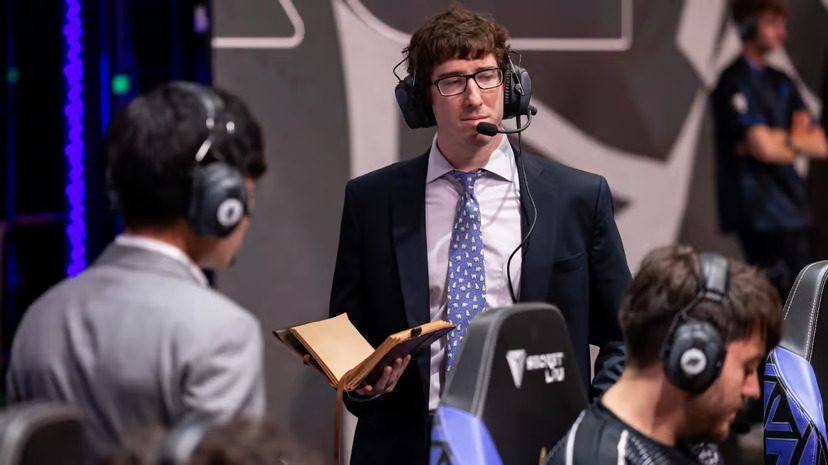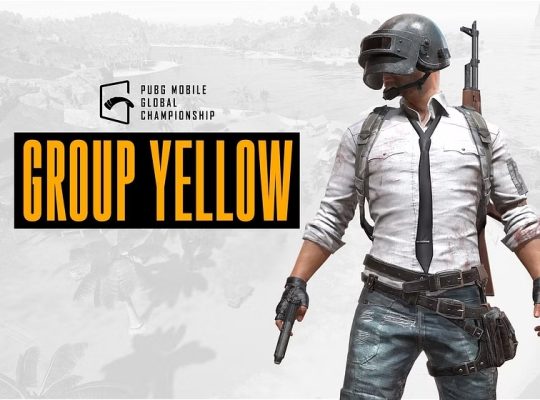NRG’s Head Coach Calls Out League Championship Series LCS Team Management’s Poor Communication: Implications and Solutions
NRG’s Head Coach Thinkcard recently took to Twitter, openly expressing his frustration with the lack of communication between LCS team managers and the coaches, regarding scrim schedule decision-making. His outcry highlights a growing concern within the esports community, as poor communication can have significant effects on team performance and overall success.
The Root of the Problem: Lack of Transparency and Inclusion
Communication issues have long plagued the relationship between players, support staff, and their management within the LCS ecosystem. Despite past efforts to address such challenges through player walkouts, tensions persist between the various stakeholders. A key concern outlined by Thinkcard is the lack of input from the coaches and players in determining their scrim schedules.
“Every year or 6 months they decide that a change must be made to the practice schedule without bringing in any coaches to the conversation and we just wait for our overlords to decide the ideal practice schedule.” – Thinkcard
The situation has led to an atmosphere of uncertainty, with coaches like Thinkcard sarcastically pointing out the ambiguous and ever-changing nature of the schedules and their lack of input in these decisions.
Poor Communication’s Impact on Gameplay and Performance
The exclusion of coaches and players from important decision-making processes not only damages the trust between teams and their management but can also compromise the team’s overall performance. Inappropriate or inconvenient scrim schedules without accommodating the preferences of the players and support staff add extra stress and possibly impact the quality of their practice sessions.
The consequences of an unfavorable practice schedule could be particularly significant for high-performing teams like NRG, who rely heavily on their coaching staff and require optimal conditions to maintain their status as top contenders in the competitive esports arena.
The LCS GM chat has got to be published. Every year or 6 months they decide that a change must be made to the practice schedule without bringing in any coaches to the conversation and we just wait for our overlords to decide the ideal practice schedule. Are we going to be 2…
— Thomas Slotkin (@Thinkcard) December 21, 2023
Improving the Communication Framework: Insights from Other Teams
The outcry from Thinkcard has drawn attention to the larger problem of communication between management and team members within the LCS. To address this issue, it is worthwhile to examine how other coaches and team managers navigate the communication landscape within their teams.
Some possible solutions could include:
- Establishing regular, structured communication channels between managers, coaches, and players to promote a more inclusive decision-making process.
- Organizing workshops and training sessions to encourage open dialogue and foster stronger relationships between the various stakeholders.
- Implementing a formal feedback system, allowing coaches, players, and support staff to share their concerns, preferences, and suggestions with the management.
Implications and the Importance of Transparency in Esports
The issue of poor communication extends beyond the scheduling of practice sessions. The lack of transparency, when it comes to decision-making within teams, could raise suspicions and mistrust between players, support staff, and their management, potentially affecting other aspects of team operations.
Open communication and transparency are vital for the success of esports teams in an industry that relies heavily on teamwork and coordination. As the esports scene continues to grow in both size and competitiveness, addressing these concerns becomes increasingly crucial.
To sum up, Thinkcard’s callout serves as a valuable wake-up call for LCS team management to reassess their approach to communication and transparency. By adopting a more inclusive approach that takes into account the preferences and expertise of both players and coaches, the esports industry can cultivate a healthier, more collaborative, and ultimately, more successful environment.










